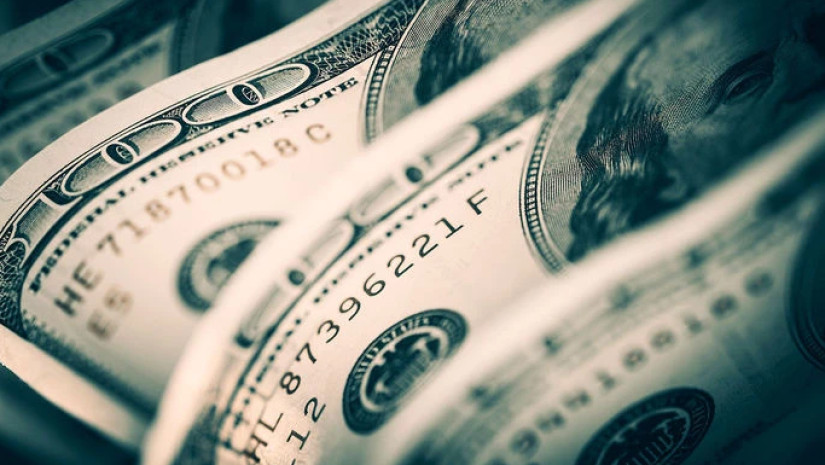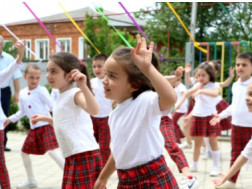In January, NBG purchased a net amount of US dollars in the foreign exchange market, reaching a high figure of 155 million which exceeds the previous monthly interventions of about 100 million. Alongside strong net foreign exchange inflows, higher credit activity in foreign currencies compared to GEL also played a crucial role in January.
However, the other two foundations of the TBC Capital Lari exchange rate forecasting framework do not suggest a base scenario for its strengthening. In February, 0.3% deflation was observed compared to the previous month, and the annual inflation rate dropped from 9.4% in January to 8.1%. While the moderation of inflation mainly came from imported products in the past months, this time other essential measures of consumer price dynamics are also a reason for reducing inflation. As per TBC Capital's improved economic growth forecast of 6.4%, it is unlikely to significantly alter the picture, leading to neutral inflation expectations for the GEL exchange rate in the next year or so.
Regarding Georgia's main trade and economic partner currencies, a somewhat excessive strengthening of the Lari is visible concerning the average exchange rate compared to its long-term trend. Although not an accurate measure, it still serves as an important reference point. According to TBC Capital's assessment, if the average exchange rate of the Lari as of March 2 this year follows its long-term trend, the Lari would be at 2.93 against the Euro and at 2.75 against the US dollar.












